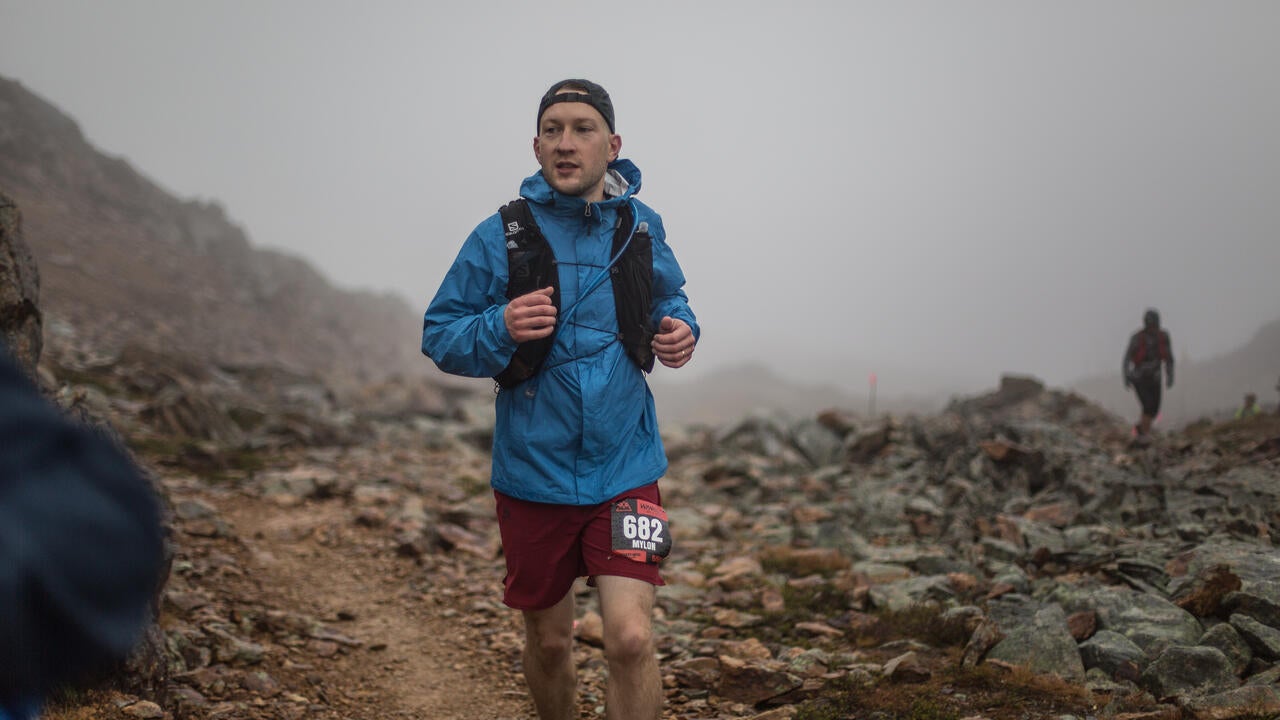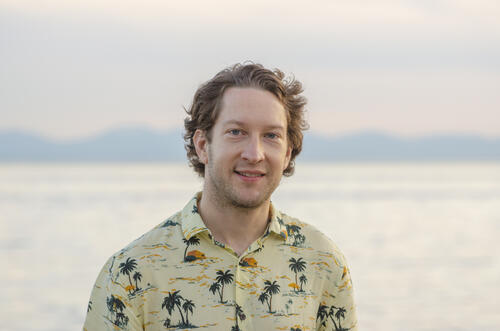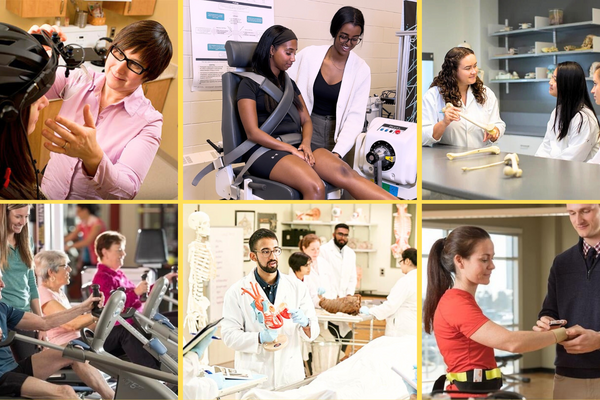
Do something hard
Mylon Ollila (BA ’10, MA ’12) shares how embracing struggle helps him grow – and why you should try it

Mylon Ollila (BA ’10, MA ’12) shares how embracing struggle helps him grow – and why you should try it
By Mylon Ollila AlumnusSeriously, do something hard.
Shut off the TV, put your phone away, forget about going for drinks tonight and for once do something real. Get out from behind that desk, you have an entire lifetime to spend on spreadsheets, meetings and emails that no one will remember anyway.
Why should you do something hard? It is because so much in modern life has conspired to make you soft but you can choose not to be.
Why should you do something hard? Because life is full of adversity. Careers and relationships involve failure and perseverance. You must learn to struggle before you gain the endurance to succeed in life.

To do something hard will look different to you than it does to me. I choose to run ultramarathons because I want to experience harsh and beautiful mountain environments while training my capacity to suffer. I want to struggle, survive and grow. As an asthmatic with no natural physical abilities, I could have given up on any ambition for sport. Instead, I dreamed, tried, failed and tried again. Five years ago, a 100 km run would have seemed unattainable to me. Today it seems normal.
What would it look like for you expand the boundaries of what you think is possible, to take risks and to take action? You might fail but who cares, at least you tried. The important part is getting up and pushing forward.
What will you do to challenge yourself and grow? It takes perseverance to run your first half marathon. It takes courage to get into the boxing ring. It takes determination to complete the Camino de Santiago. It takes guts to move to a foreign country, to learn a new language and culture.
You will motivate yourself by taking that first step. I don’t care how small that step is. It could be the Fun Run or it could be a 40-day trek. The point is to take that first step beyond your comfort zone, to gain momentum on route to a lifetime of challenging yourself. In the words of ice climber Will Gadd, borrowed from someone much smarter than either of us, an object in motion tends to remain in motion.
What would it look like for you expand the boundaries of what you think is possible, to take risks and to take action?
MYLON OLLILA, Ultramarathon runner
Resilience is born in struggle. Meet adversity and let it teach you. Recall those lessons when you are tempted to give up in life – on your dreams, your marriage, your career – and you will remember what it is to overcome, to fight, to struggle, to push beyond what is easy to what is necessary.
It doesn’t matter what you choose to do or whether or not you excel. What matters is that you challenge yourself and keep going. You are not a failure if it doesn’t work out the first time, and despite what you think, the whole world is not watching. Your resilience will surprise you as you learn what it means to dig deep. Nothing in life will be handed to you. You have to work hard to find success. You have to earn it.
Learn to struggle. Do something hard.

Read more
A Waterloo couple reflects on the campus that shaped their careers, their values, and their love story

Read more
To meet our AI ambitions, we’ll need to lean upon Canada’s unique strengths

Read more
From optometry and pharmacy to public health and therapeutics, Waterloo alumni are powering Canada’s health care sector
The University of Waterloo acknowledges that much of our work takes place on the traditional territory of the Neutral, Anishinaabeg, and Haudenosaunee peoples. Our main campus is situated on the Haldimand Tract, the land granted to the Six Nations that includes six miles on each side of the Grand River. Our active work toward reconciliation takes place across our campuses through research, learning, teaching, and community building, and is co-ordinated within the Office of Indigenous Relations.